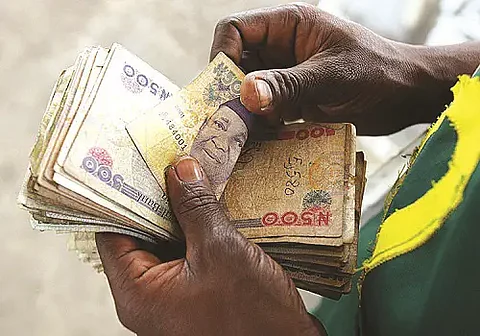

The Central Bank of Nigeria (CBN) has recently urged businesses to engage more actively in exporting as a strategy to leverage the current depreciation of the naira.
This statement was made by Muhammad Abdullahi, the Deputy Governor for Economic Policy, during his keynote address at the 11th National Economic Outlook conference held in Lagos.
In 2024, the naira faced significant depreciation, losing approximately 40.9% of its value against foreign currencies, particularly following the harmonization of currency market segments in June 2023.
Abdullahi emphasized that while a weaker naira may increase import costs, it simultaneously enhances the competitiveness of Nigerian goods internationally.
He pointed out that adopting export-oriented strategies can unlock transformative opportunities for local businesses, particularly in sectors like agriculture, manufacturing, and creative industries.
He encouraged businesses to shift from exporting raw materials to processed goods, thereby increasing foreign exchange earnings. Abdullahi also highlighted the potential within Nigeria's creative sector—encompassing music, film, and digital exports—as an area ripe for exploration in international markets.
In addition to Abdullahi's remarks, Professor Pius Olanrewaju, President and Chairman of the Council, reflected on the broader economic landscape during his opening speech.
He noted that despite facing challenges such as high inflation rates—34.6% as of December 2024—Nigeria's GDP showed signs of recovery with a growth rate of 3.46% in the third quarter of 2024. Olanrewaju underscored the resilience of various sectors, particularly services and agriculture, which significantly contributed to GDP growth.
Economist Biodun Adedipe further elaborated on the need for sustainable economic growth that avoids episodic currency devaluations driven by external pressures.
